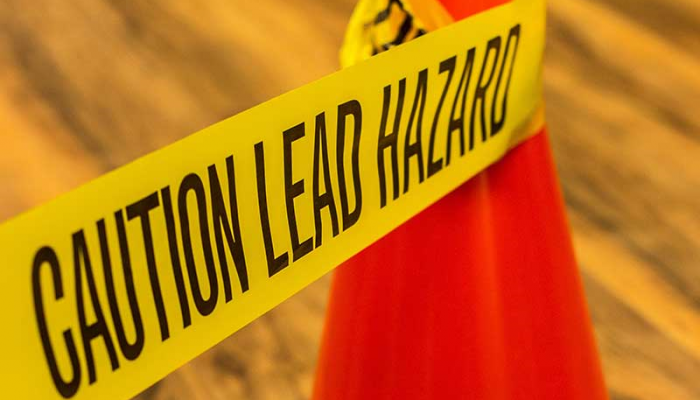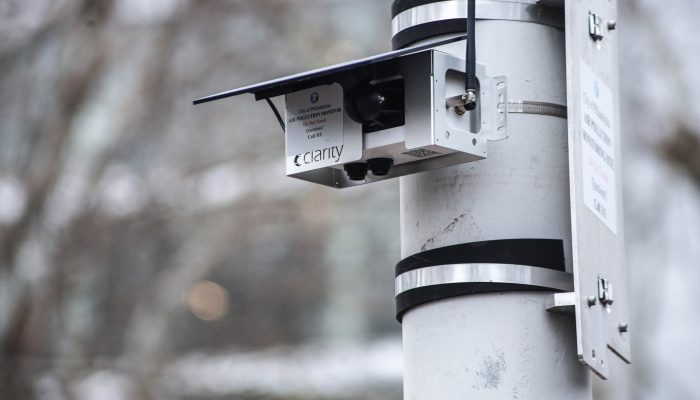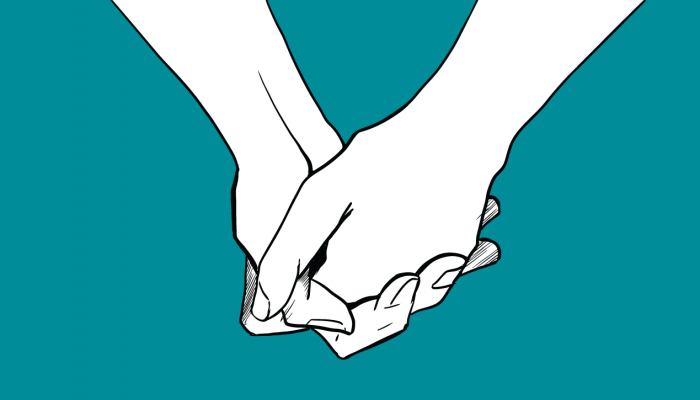Lead poisoning is a serious health issue for many young children and their families. Lead has been shown to be particularly harmful to children between the ages of nine months and six years. The only way to know for sure if a child has been poisoned is to get the child tested for lead.
Philadelphia’s Lead and Healthy Homes Program works to ensure that Philadelphians have safe and healthy homes, free from lead and other hazards. Landlords and tenants also play an important role in ensuring that rental homes are healthy and safe.
Landlords
According to the Philadelphia Health Code, a building can’t have exposed lead paint if it presents a hazard to children under the age of six. If the Department of Public Health finds that there is a hazard, the landlord must hire an Environmental Protection Agency (EPA) certified firm to fix it. The hazard must be fixed in 30 days or the property owner must appear in court.
Under the Philadelphia Lead Paint Disclosure and Certification Law, if a building was built before 1978 and will be occupied by a child six years or younger, property owners must provide tenants with certification that it is lead-free or lead safe. The landlord must have the tenant sign the certification.
The EPA’s Lead Renovation, Repair and Painting Rule (RRP Rule) requires that the EPA certifies the contractors performing renovation, repair, and painting projects that disturb lead-based paint in homes, child care facilities, and pre-schools built before 1978. These companies must employ certified renovators who are trained by EPA-approved training providers and follow lead-safe work practices.
You can find a list of EPA-certified lead-repair firms on our website.
Tenants
If you rent your home you should report peeling paint to your landlord, who should repair it quickly in a lead-safe manner. If your landlord doesn’t repair the issue, you can report the issue to the Department of Licenses and Inspections by calling 311 or filling out the online form.
Even small amounts of lead can cause serious health problems for children. Here are some ways you can keep your home safe from lead poisoning:
- Sweep and vacuum the floors daily.
- Keep children away from peeling paint and home repairs that disturb paint.
- Wash your children’s hands, pacifiers, toys, and stuffed animals before they eat or nap.
- Wipe down hard surfaces like floors and windowsills with a wet cloth at least once a week.
- Feed your family foods high in calcium, iron, and Vitamin C.
- Always wash fresh fruit and vegetables to remove chemicals or pesticides that may contain lead.
- Never cook with hot water. Always start with cold water to flush any lead deposits out of the pipes.
- If you work with paint, machines, building construction, dirt, or soil, leave work clothes at work or change clothes before you touch your child.
- Do not use health remedies and cosmetics (such as kohl, kajal, surma) from other countries. Some of these products have been found to contain high levels of lead.
- Do not use imported glazed clay pots and dishes to cook, serve, or store food. Likewise, do not use pottery that is chipped or cracked.
- Use caution with foods, children’s toys, and jewelry made in other countries. These items may contain lead.
Find out more about lead poisoning
Centers for Disease Control and Prevention




